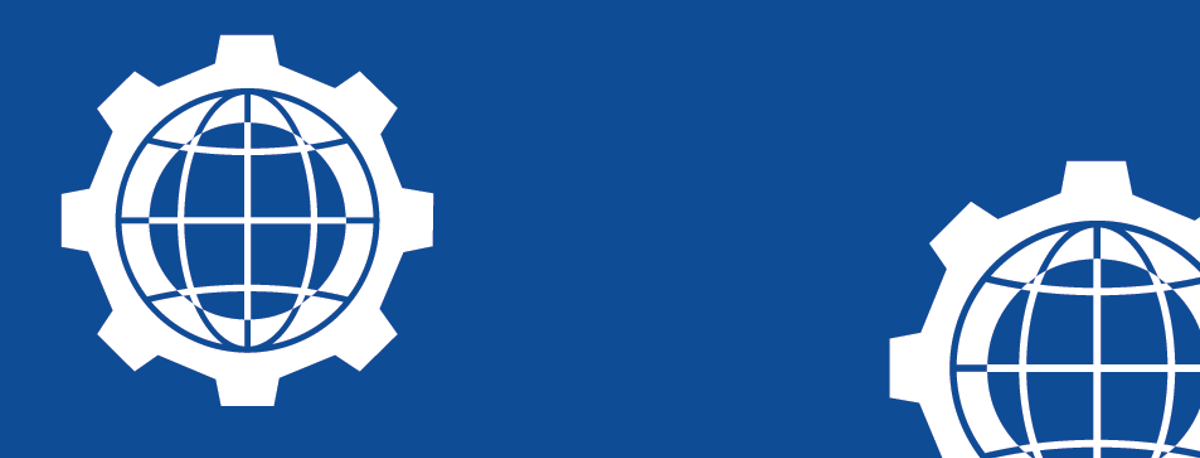Personal locator beacons (PLBs) are emergency rescue service aids that emit a signal allowing rescuers to use GPS co-ordinates to find workers who are stranded.
Used by hikers, mountaineers, and increasingly by those working at sea, it is a simple technological solution that can make the difference between life and death.
For IMCA and those working offshore, it has huge potential to improve safety. This is why we are supporting Jason’s Beacon, a Texas-based non-profit, with a £10,000 (US$11,150) donation to provide beacons free of charge to verified offshore personnel working with US-based companies.






Login / register to join the discussion
Comments
There are no comments for this article.